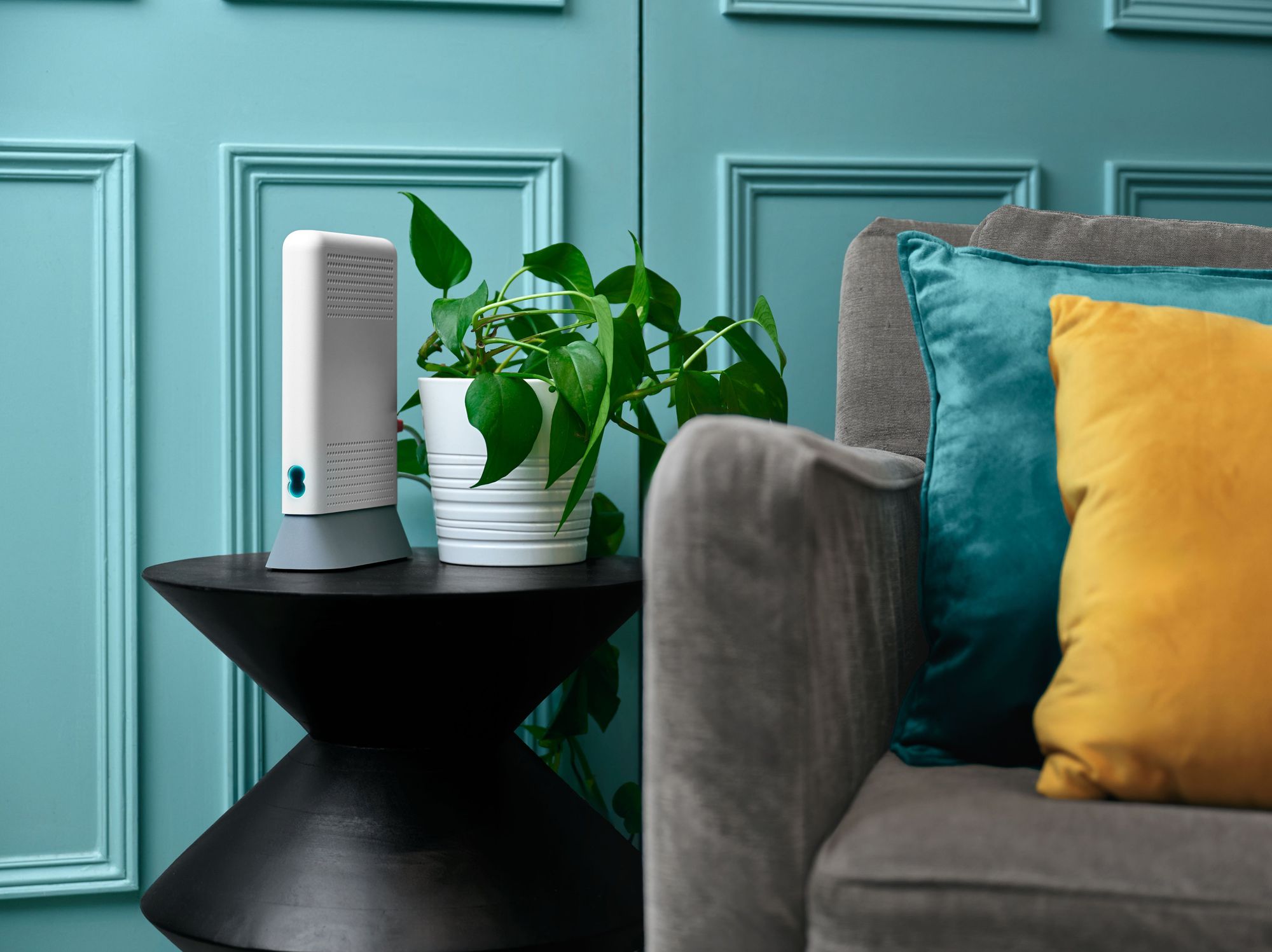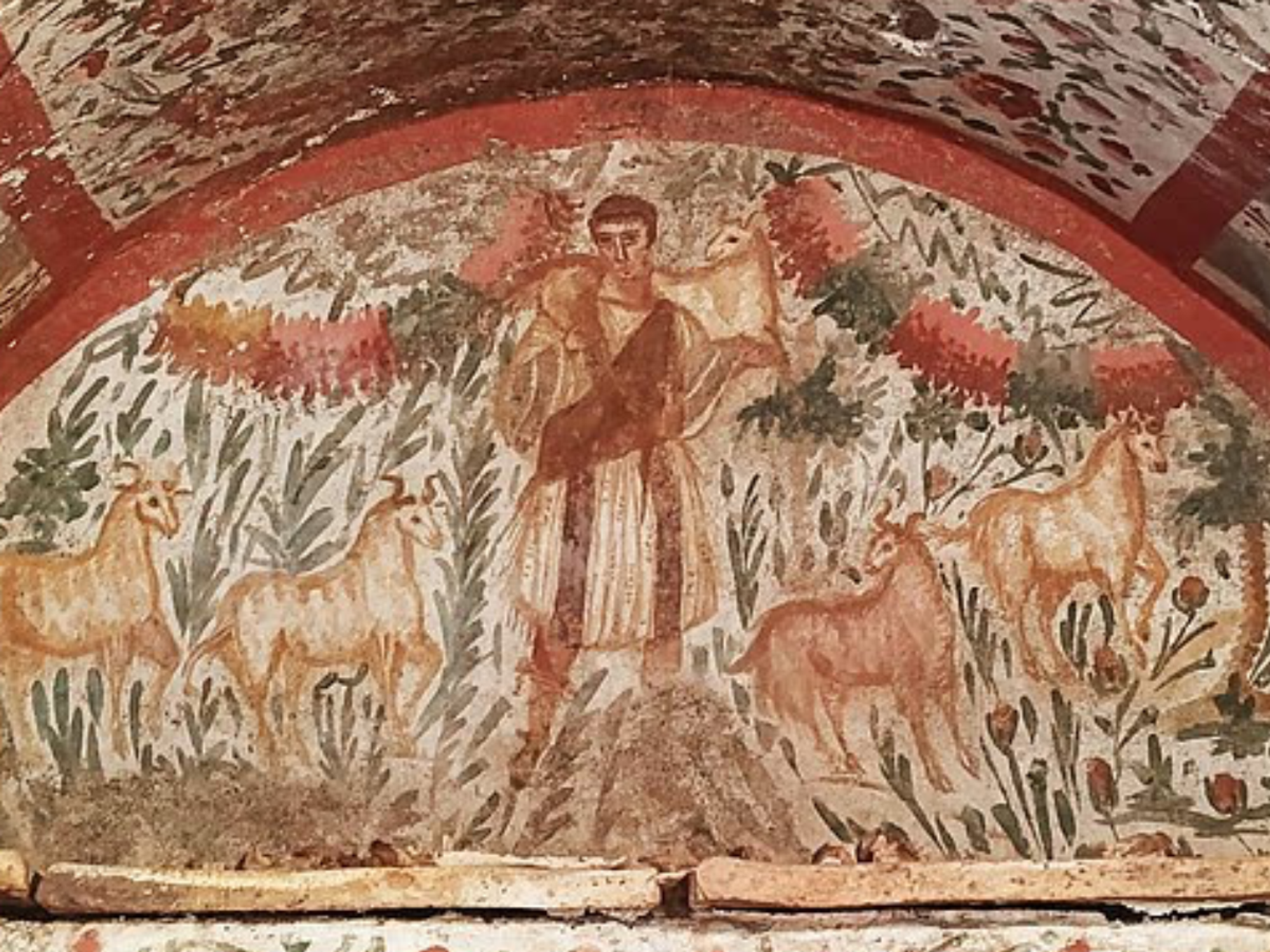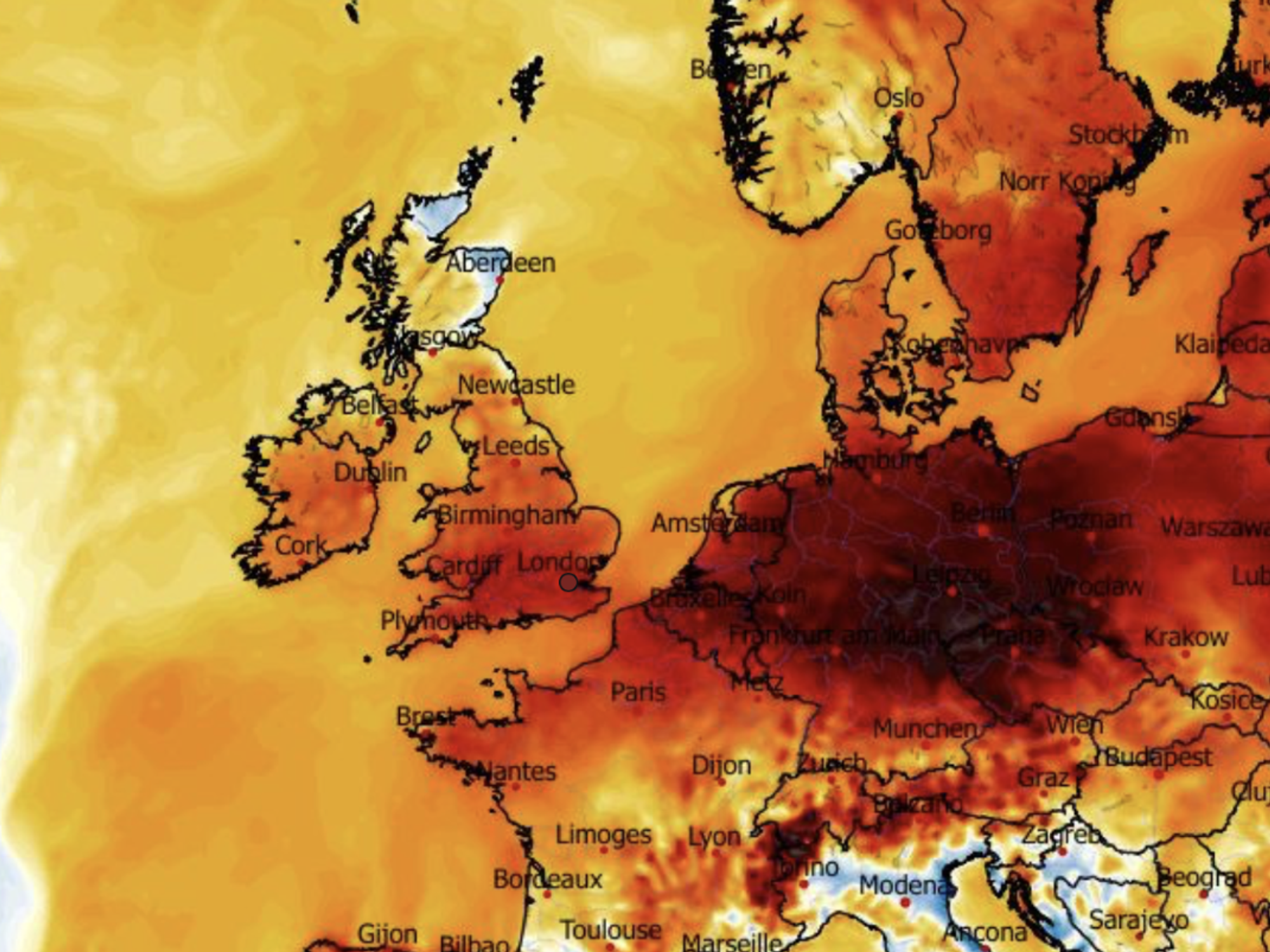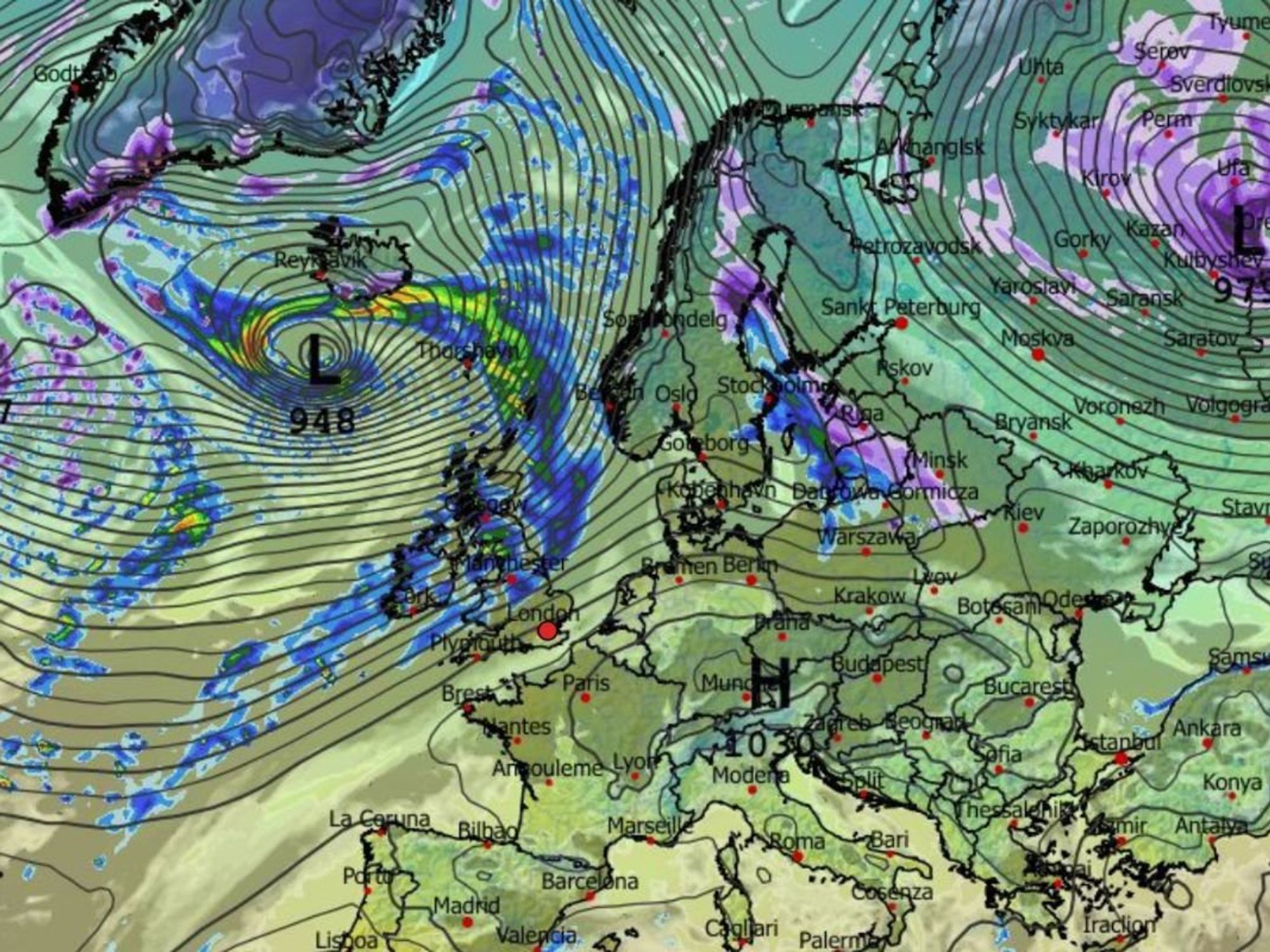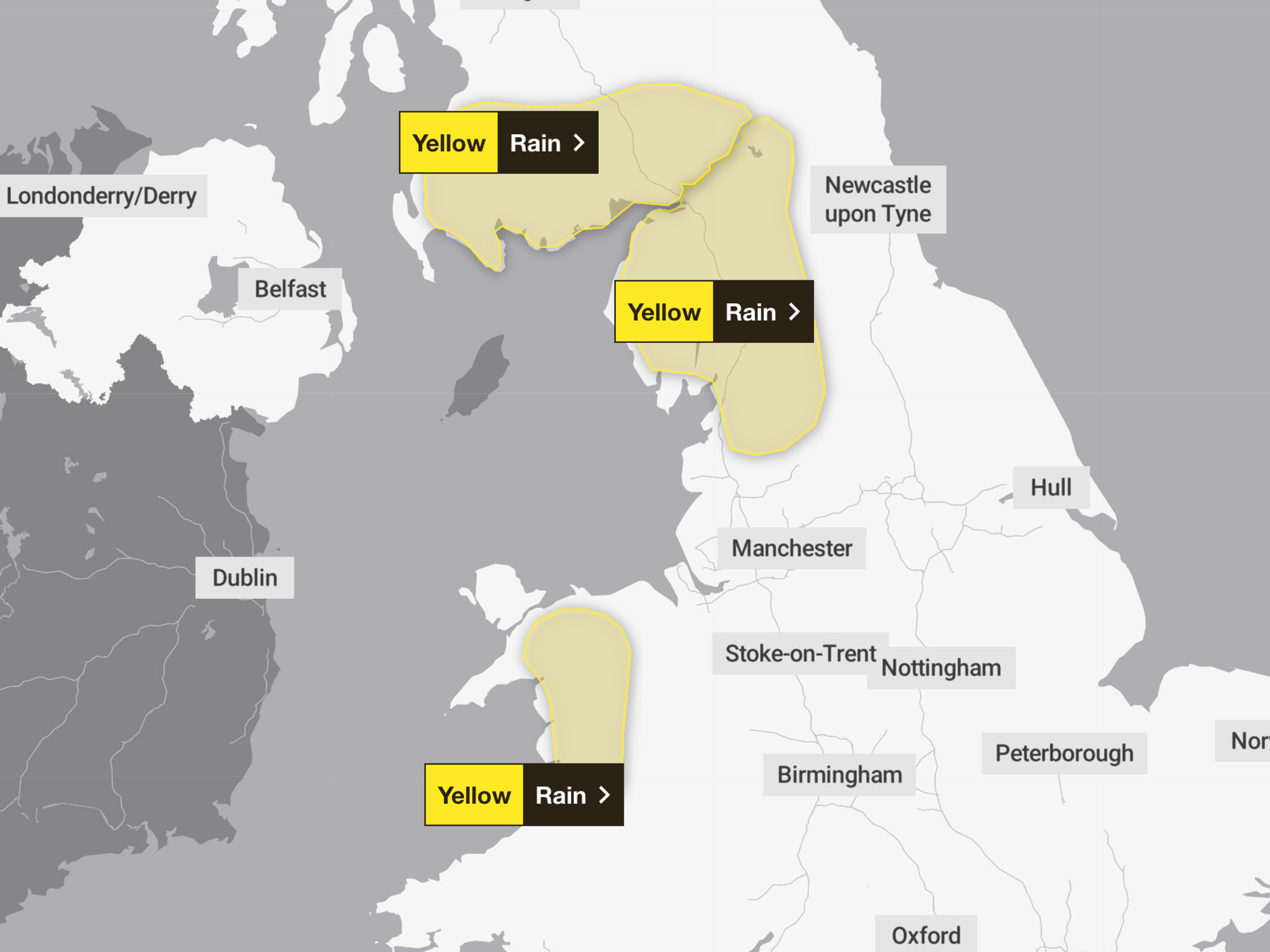Colin Brazier: Masks are a sign that we've become Anti-social Britain

By Colin Brazier
Published: 12/07/2021
- 20:03Updated: 12/07/2021
- 21:21We need to stop treating each other like strangers on the Tube and start looking into one another’s faces again
Don't Miss
Most Read
If you’re not from London, do you remember the first time you boarded the Tube? The shock. The alienation, particularly strong if you were older or from provincial Britain. That incomprehension that people could share a confined space and ignore one another so comprehensively. Eyes not meeting. Not a word spoken
Well, we’re all Londoners now. Life in anti-social Britain is starting to feel like one long Tube ride for some. The mask has suspended the rules of human engagement and may now be about to become something else. A sign, a totem, a badge of affiliation.
This time last week I earned myself a few brickbats by suggesting that masks were the new Brexit. Worse than Brexit, in fact, because, if you kept your mouth shut, nobody knew if you were Leave or Remain.
But a week today, that changes. From then on, an assumption will be made by some about the way you think - BECAUSE of the way you look. It will be as plain as the nose that’s hidden – or not - by the mask on your face.
Go without a mask in settings where you’ve been expected to wear one - and you will no longer be breaking the law. A week ago Boris Johnson said it will be up to YOU, not the government, to decide what’s appropriate. A matter of personal responsibility, not state intervention.
But then, the backlash. Keep the masks on. But for how long? Indefinitely, suggested one scientist. Yesterday the Vaccines Minister said although it’s no longer required by law, there would be “an expectation” that people wear masks in some circumstances.
What circumstances? Well, the Chief Medical Officer Chris Whitty has told us how HE would arrive, personally, at a decision to wear or not.
He asks himself three questions.
Question One. If it’s indoors and crowded, then mask-up. But, how crowded? One man’s thronging multitude is another man’s empty wilderness. Subjective stuff. Even defining ‘indoors’ isn’t straightforward. A wedding marquee with the sides removed? Who decides? You, as Boris wants, or someone else.
Question Two. Have you been asked to wear a mask by a “competent authority”? But what happens when two competent authorities collide. When the boss of Sainsbury’s says it’s okay for shoppers not to wear masks, but the shop unions argue it’s very much not OK. Which competent authority do you go with?
Question Three. By not wearing a mask, am I making someone feel vulnerable? It was reported this weekend that one in five Britons now have symptoms of what’s been called Covid Anxiety Syndrome. These are behaviours, the avoidance of places and people, that are often deeply irrational. A bit like avoiding smiling at people on the Tube. There’s no rational reason for it, it’s just what people do.
So, who are the vulnerable? Anyone who needs reassurance, and for whom two jabs isn’t enough? But, as one leading scientist Professor Robert Dingwall said, what about the vulnerabilities of a deaf person who’s spent a year trying – unsuccessfully – to lip read. Or young kids who are trying to learn how to communicate and learn.
How are they re-assured by masks? Ours is a culture in which bearing the face is a sign of trust and openness. A culture in which many people, far from being reassured by the sight of someone in a mask, are intimidated by being denied the non-verbal facial cues which have helped us rub along for millennia. It’s time to Mind the Gap, the logic gap between what masks actually achieve, and what they deprive us of. We need to stop treating each other like strangers on the Tube and start looking into one another’s faces again.
That’s tonight’s Viewpoint.






